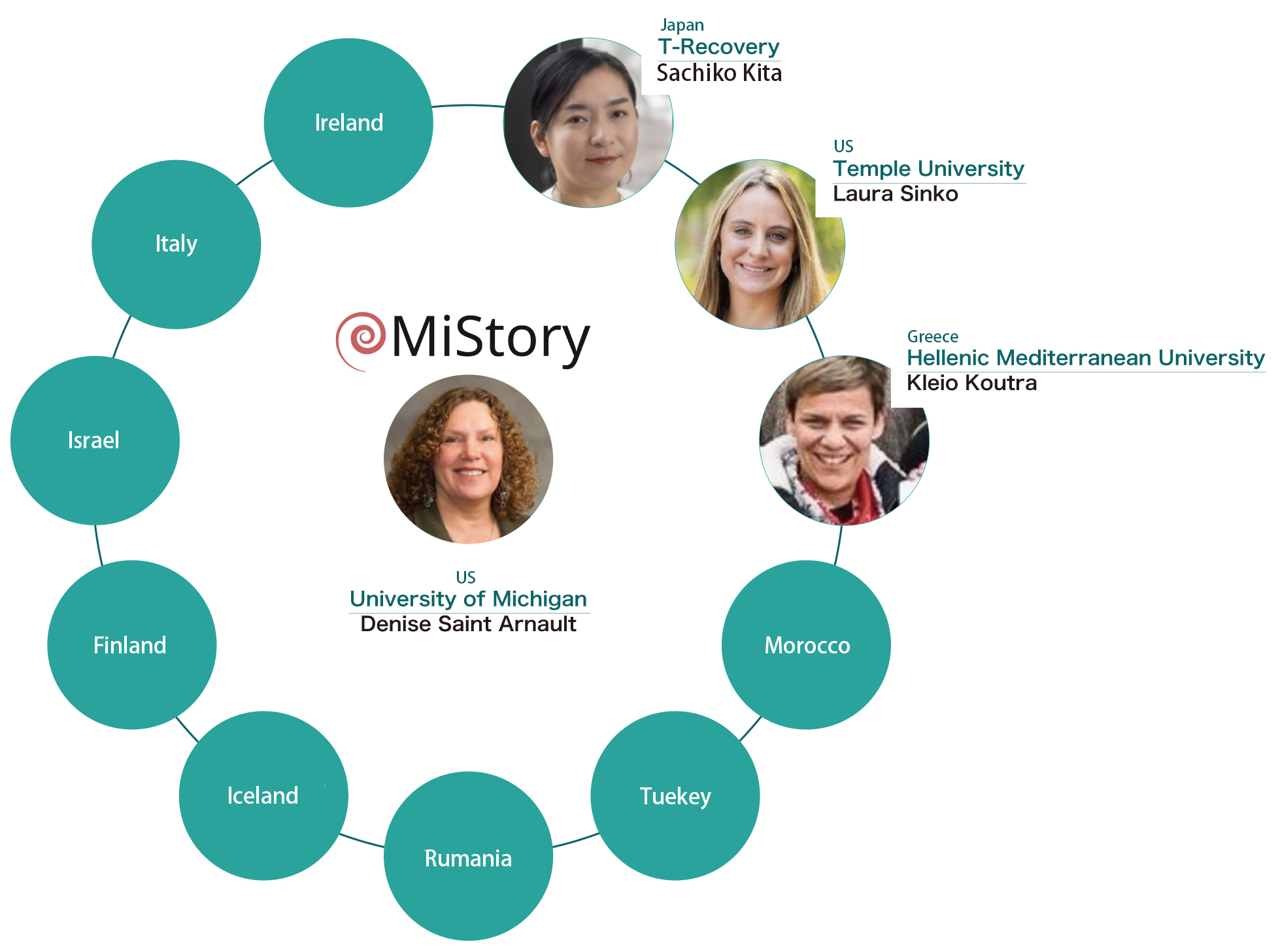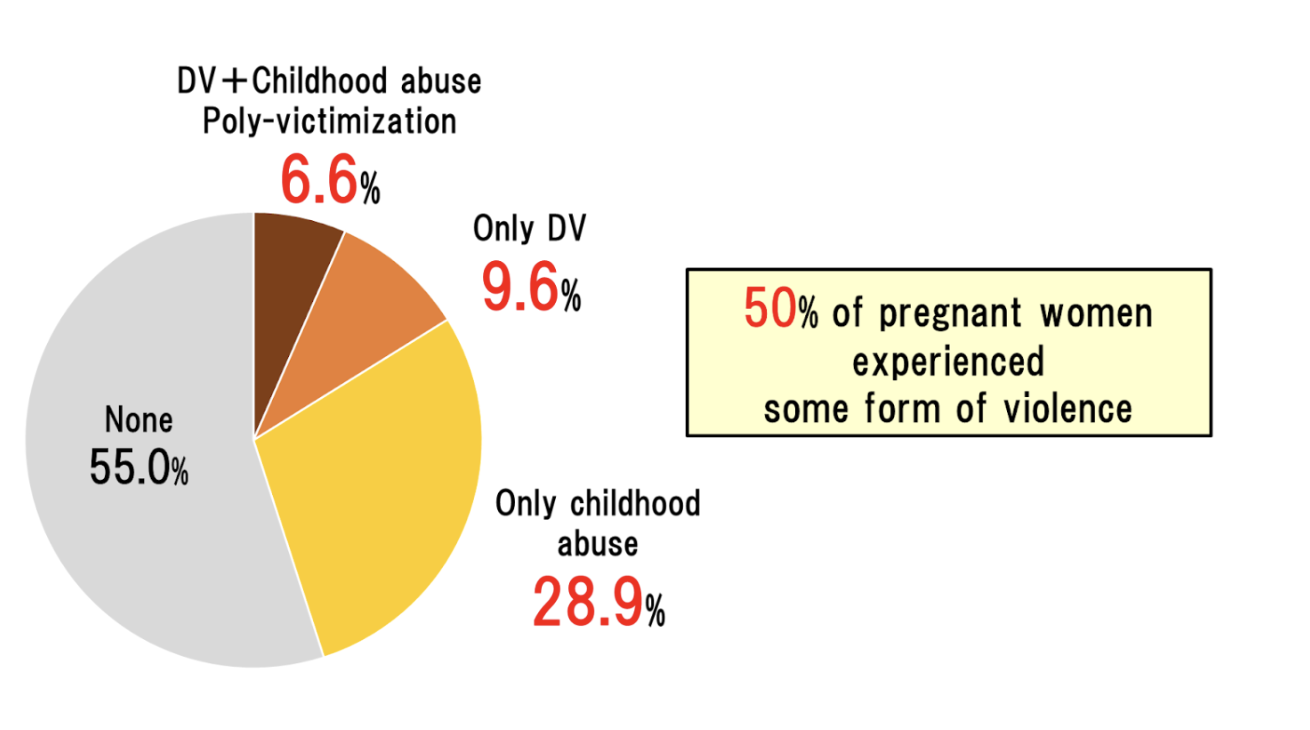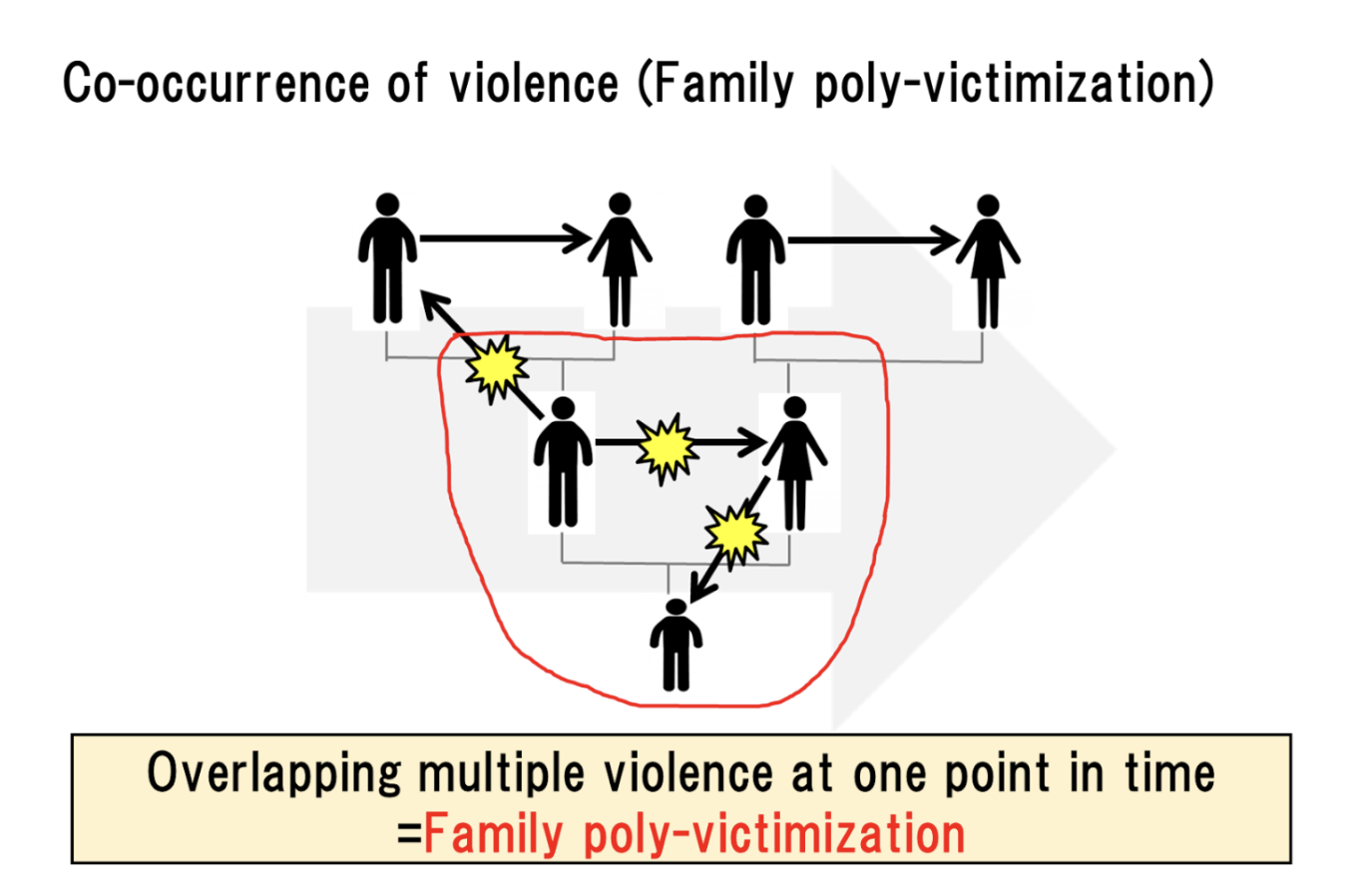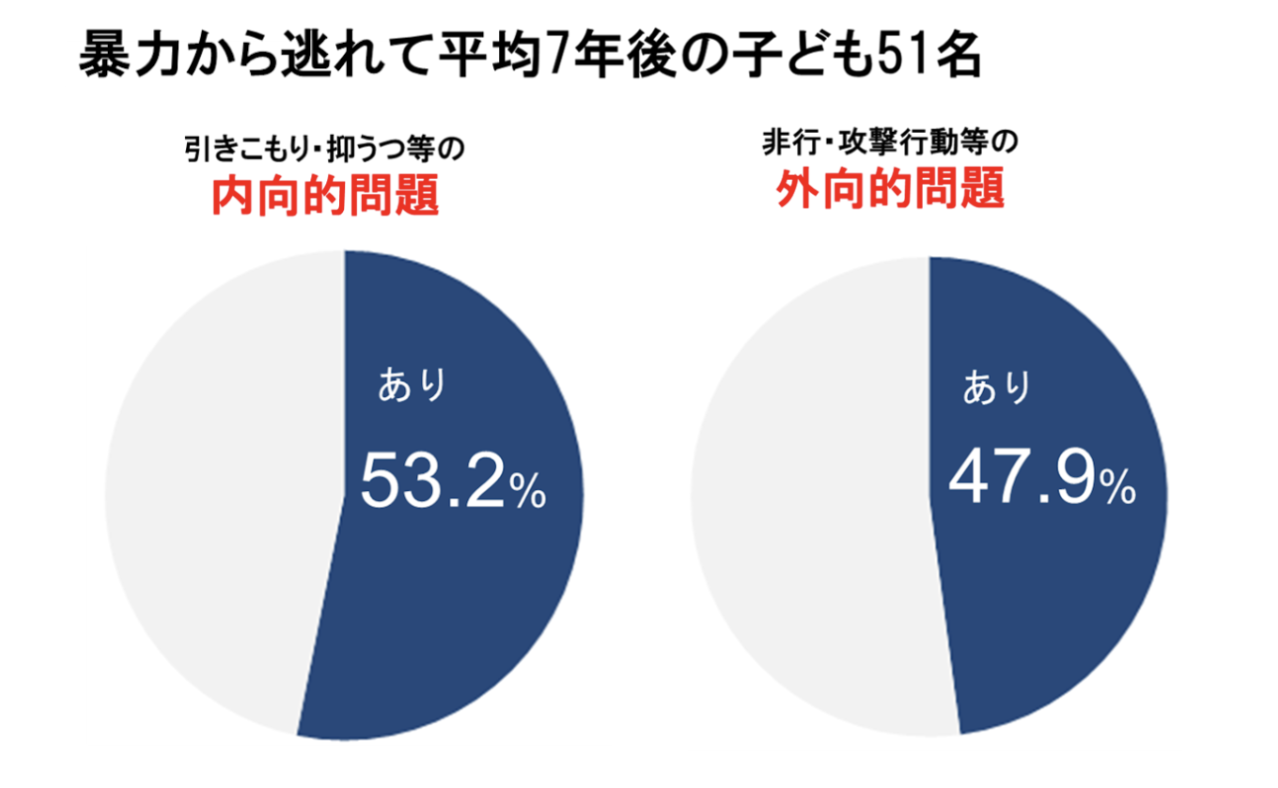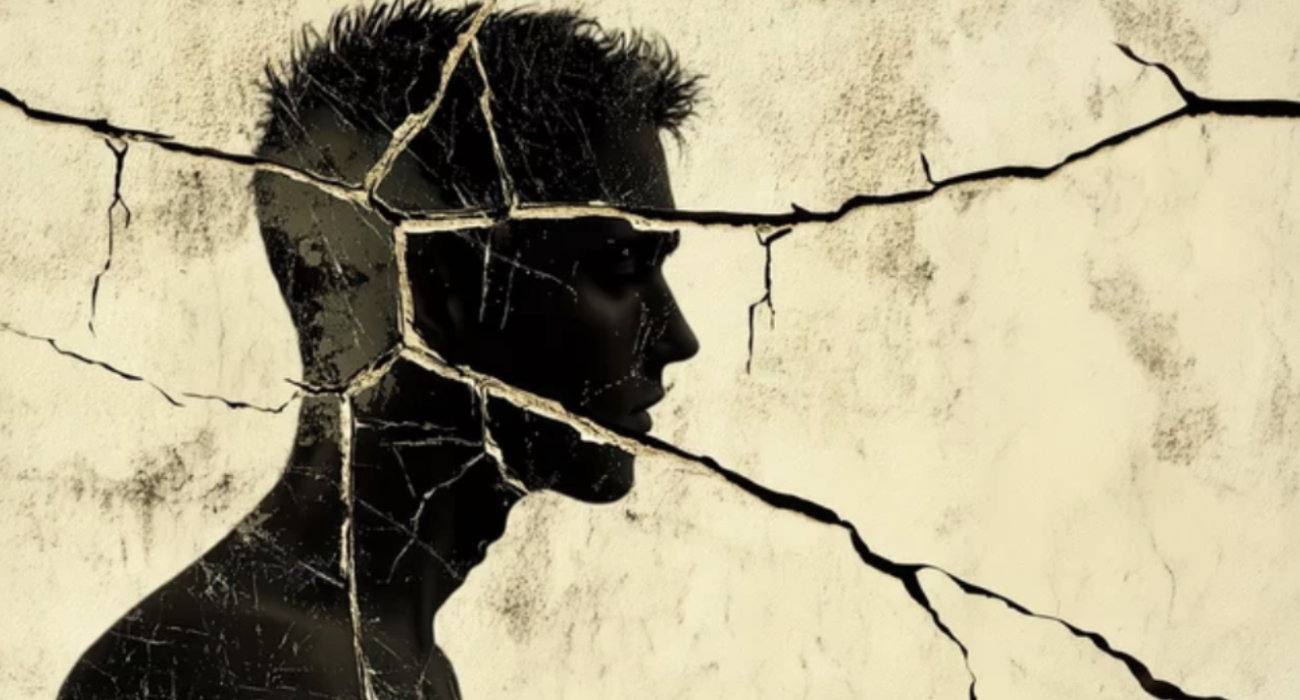■ Gender Comparison of Secondary Victimization on the Internet
Sexual violence is a global issue that affects approximately half of all women and one in three men in their lifetime (World Health Organization, 2024). A significant factor hindering the trauma recovery of survivors of sexual violence is "secondary victimization," which occurs when individuals face dismissive or blaming statements and actions from those around them or society. These reactions can deepen the psychological harm the survivor experiences. Particularly regarding sexual violence, following the global Me Too movement in 2017, there has been a marked increase in online disclosures from survivors, leading to a surge in secondary victimization through anonymous toxic criticisms and attacks on social media. Sexual violence is often met with secondary perpetration like defamation and online harassment, which are driven by society's limited understanding of trauma, persistent gender biases, and the stigma attached to violence.
In Japan, following the amendment of the criminal law on sexual violence in 2017, there has been increased societal recognition of sexual violence. However, awareness of sexual violence against men and LGBTQ+ individuals remains low, and strong prejudices and stereotypes still persist. As a result, men and LGBTQ+ survivors are more susceptible to online attacks and defamation, leading to severe secondary victimization and social isolation. This situation highlights the urgent need for greater recognition and support.
Starting in 2024, we, led by the representative director of our institute, Dr. Sachiko Kita, alongside members such as Dariusz Skowronski (Temple University Japan Campus), George Karystianis (University of New South Wales), and researchers from various fields including nursing, informative science, and psychology, are conducting a study using text mining. The study compares gender-based secondary victimization attacks and defamation on social media and aims to further explore the impacts of secondary victimization through interviews with sexual violence survivors. This research aims to identify the necessary support for survivors to mitigate these harmful effects.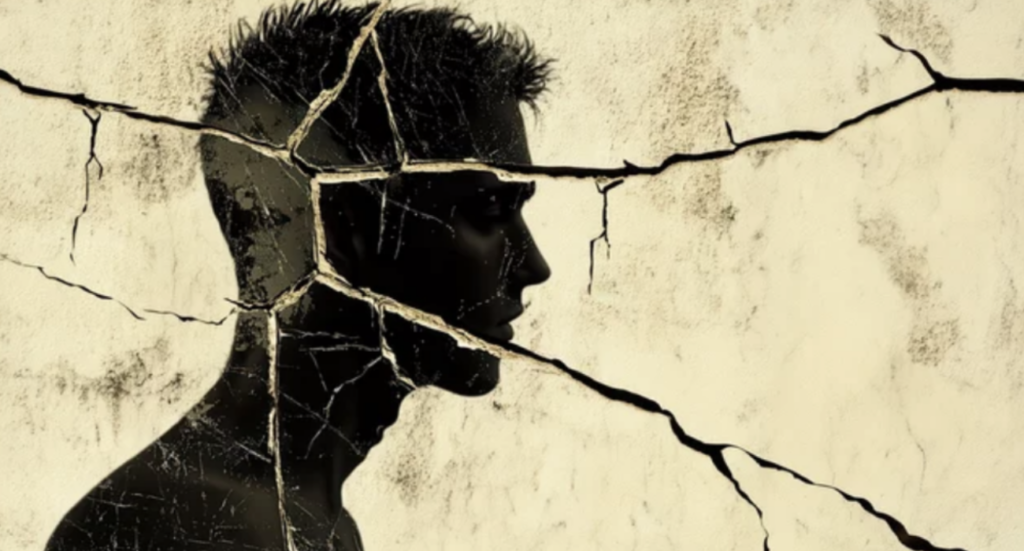
■ Gender Comparison of Intergenerational Transmission of Violence
The intergenerational
of violence is an issue that can be prevented through support from those around us and society. In reality, the majority of children who experience abuse in their early years do not go on to commit violence or abuse against their own children as adults (Kita et al., 2020). However, they are more likely to face difficulties in life, such as physical and mental health issues and social isolation, due to the impact of trauma. Previous studies have shown that women tend to internalize trauma (e.g., depression, anxiety), while men are more likely to externalize it (e.g., aggressive behavior) (Castelao & Kröner-Herwig, 2013; Gauthier-Duchesne et al., 2017). Furthermore, the societal expectations of "masculinity" and "femininity" tied to gender roles create different kinds of suffering and struggles for men and women.
In 2020, we conducted a study involving 483 parents (231 fathers, 251 mothers) with children under the age of 18, using data from a survey on family poly-victimization. We used the Japanese version of the Family Poly-victimization Scale (FPS) to measure early childhood abuse experiences, current partner violence (victimization and perpetration), and violence towards children. This study aimed to examine whether the mechanisms of intergenerational violence differ between men and women. The project, led by Dr. Sachiko Kita from our institute, Dr. Dariusz Skowronski (Temple University Japan Campus), Dr. George Karystianis (University of New South Wales), and researchers from the fields of nursing and psychology both in Japan and abroad, is currently in the process of submitting the paper for publication.
